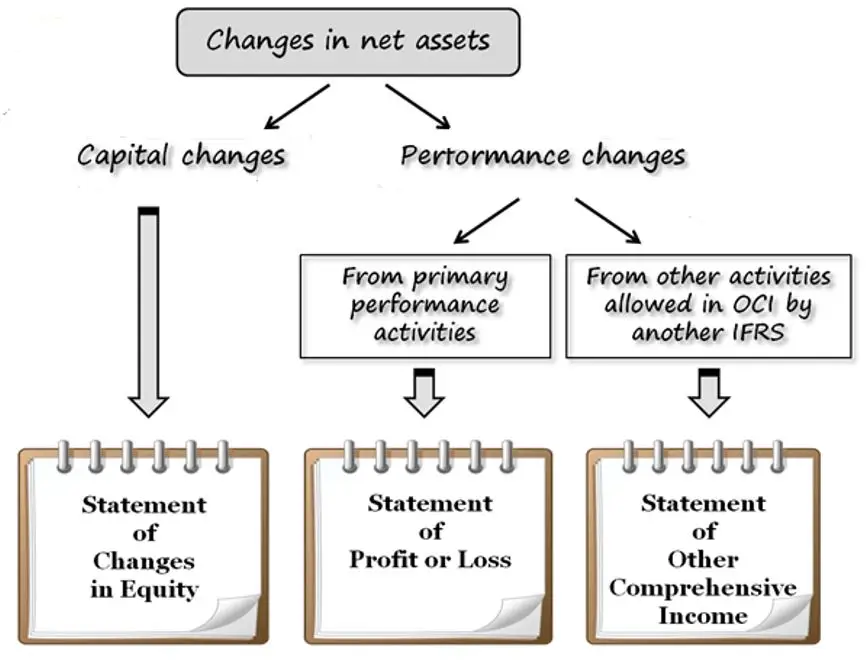On 21 October 2018, Egypt’s Ministry of Finance issued Ministerial Decree No. 547 of 2018 (Decree No. 547), providing the authority for new transfer pricing guidelines to be published. On 23 October 2018, the Egyptian Tax Authority (ETA) published the new guidelines on its website.
The guidelines introduce new tax compliance requirements. For the year ending 31 December 2018:
- A taxpayer engaged in cross-border transactions with related parties is expected to prepare local transfer pricing documentation and submit it to the ETA within two months following the filing of the 2018 corporate tax return (i.e., 30 June 2019 if the return is filed by the statutory deadline).
- An Egyptian parent company of a multinational group with consolidated group revenue of at least EGP3b (€148m) will have to file a country-by-country (CbC) report (CbCR) in Egypt by 31 December 2019. The new rules may also affect the group’s filing and notification requirements in other countries.
- An Egyptian parent company will also need to prepare a transfer pricing master file that the parent company and group members will use to support transfer pricing compliance requirements around the world.
If a taxpayer does not submit adequate transfer pricing documentation, the guidelines indicate that the ETA is likely to treat the taxpayer as a high tax risk, increasing the likelihood of audit and a transfer pricing adjustment. As this could also shift the burden of proof to the taxpayer to disprove the ETA’s assessment position, taxpayers with cross-border related party transactions should review the new guidelines and ensure they can produce adequate transfer pricing documentation for the current fiscal year by 30 June 2019.
Background
When the Income Tax Law was enacted in 2005, Article 30 gave the ETA the authority to adjust a taxpayer’s profits if its transactions with related parties were not made on an arm’s-length basis. The ETA published its first version of transfer pricing guidelines in 2010.
On 22 May 2018, the Egyptian Government issued Ministerial Decree No. 221 of 2018, which amended the Income Tax Law Executive Regulations to align Egypt’s rules more closely with the international consensus on transfer pricing reflected in the OECD1
On 20 September 2018, the ETA issued a revised version of the 2010 transfer pricing guidelines for public consultation.
Decree No. 547 stipulates that the transfer pricing guidelines will be the main reference when the ETA applies Article 30 of the Income Tax Law and tests the application of the arm’s-length principle related to the commercial and financial transactions between related parties. The guidelines apply to all related party transactions, including the exchange of goods and services, allocation of shared expenses, royalties and interest.
On 23 October 2018, the ETA published the new guidelines on its website. The guidelines consists of two parts, Principles and Implementation and Advance Pricing Agreements.
Documentation follows BEPS Action 13 requirements
In recent years, base erosion and profit shifting (BEPS) has been a key priority for governments around the globe. Egypt is one of 115 countries that has become an Associate Member of the BEPS Inclusive Framework, committing to align with the shared international consensus on international tax rules. The OECD and G20 countries adopted a 15-point Action Plan to address BEPS in 2013. Final Reports, issued in 2015, represent a package of measures that governments should implement to address features of tax regimes that facilitate BEPS. The package includes a set of minimum standards.
One of the minimum standards is Action 13, which introduces a requirement for the large multinational groups to file a CbC report setting out financial information for each tax jurisdiction where the group has a resident entity. The general principle is that the CbC report should be submitted to the tax jurisdiction of the ultimate parent entity, and then made available to other tax jurisdictions through tax information exchange instruments.
The Action 13 final report also recommends that countries adopt supporting transfer pricing rules, based on multinational groups preparing a transfer pricing master file, which contains information that is relevant to all group members, and a local file, which covers and analyzes the related party transactions of the local group member.
Egypt’s new transfer pricing guidelines follow the principles established in the Action 13 final report.
In an important departure from the Action 13 final report, the new guidelines significantly reduce the threshold for preparing a CbC report. The Egyptian parent company of a multinational group with consolidated group revenue of at least EGP3b will have to file a CbC report. The first report is due by 31 December 2019. The guidelines also indicate that taxpayers engaged in transactions with related parties should provide the transfer pricing master file and local file to the ETA.
Master file
The master file should be prepared at the ultimate parent level of the group and should contain the organizational structure, business activities, financial activity, intangibles, financial and tax positions for the group as a whole. The master file should be made available to the ETA based on the parent entity’s tax return filling date in its home jurisdiction.
Local file
The local file should be prepared at the local entity level and should contain the following documentation related to:
- Identification of the controlled transactions and the nature of such transactions
- Nature of the industry/market in which the taxpayer operates
- Taxpayer’s business policies and strategies
- Controlled transactions under review
- Comparable companies
- Selection of the most appropriate method
- Identification of the pricing method(s) used
- Analysis conducted to evaluate the reliability of data used
- Transfer pricing method applied
- Determination of the arm’s-length amount and introducing a review process to reflect any future changes
The local file is required to be submitted to the ETA within two months following the filling of the annual corporate tax return.
CbCR
The CbCR requires aggregate jurisdiction-wide information regarding a multinational group’s global allocation of income, taxes paid, and certain indicators of the location of key economic activity where the group members operates. The CbCR report also includes quantitative data in respect of business operations in each jurisdiction, such as number of employees, stated capital, retained earnings and tangible assets, along with an identification of each entity within the group doing business in each jurisdiction.
The ETA and other tax administrations will primarily use the CbC report to perform high-level transfer pricing risk assessment, and to evaluate other tax and BEPS related risks. The CbCR does not contain sufficient evidence to determine whether transfer prices comply with the arm’s-length principle, and any transfer pricing conclusions would need to be based on analysis of the detailed content in the transfer pricing master file and local file.
The due date for submitting the CbC report will normally be the end of the reporting fiscal year. However, for the first year, the deadline will be 12 months from the end of the reporting fiscal year. Consequently, the first CbCR filing deadline in Egypt will be 31 December 2019, for the fiscal year ending 31 December 2018.
The guidelines indicate that the ETA will issue practical guidance on the CbCR filling requirements (e.g., format, instructions, electronic filling) at a later date.
Advance pricing agreements (APAs)
An APA is a procedural arrangement between a taxpayer and a tax administration that determines the transfer pricing methodology that should be used to establish the arm’s-length transfer price(s) of certain prospective controlled transaction(s) between a taxpayer and its associated enterprises.
The APA program is designed to enable taxpayers and the ETA to agree on the proper treatment of the transfer pricing of potential controlled transaction(s) in which the taxpayer will engage for a specific period (typically more than one year) under certain terms and conditions. The APA program is intended to provide a cooperative process to resolve potential transfer pricing disputes in advance.
An APA will be binding on the ETA and taxpayer. Consequently, an APA will provide certainty regarding the applied transfer pricing methodology, assuring the taxpayer of its rights and obligations, and reducing costs and time-consuming examinations of transfer pricing issues during the course of the audit and reducing record keeping burden.
Any taxpayer operating in Egypt who is subject to the provisions of the Income Tax Law may apply for an APA, including permanent establishments of foreign companies. Requests should be submitted to the ETA Transfer Pricing Department. Initially, the ETA will only accept applications for unilateral APAs. Bilateral and multilateral APA requests will not be accepted until some point in the future.
VCFO have high qualified team to perform various types of professional Transfer Pricing (TP) documentation reports including:
- Functional analysis
- Financial analysis
- Company and industry analysis
- Selecting TP methods
- Comparable search
- Advance pricing agreements (APAs)
- In addition to TP planning and advice on (CbCR)



